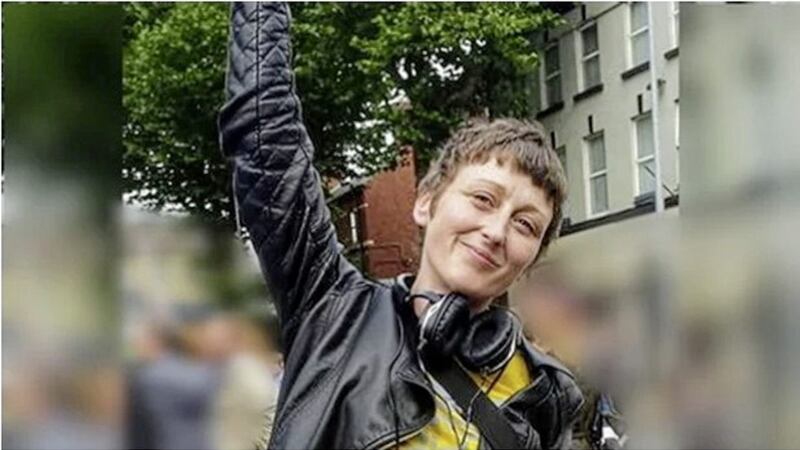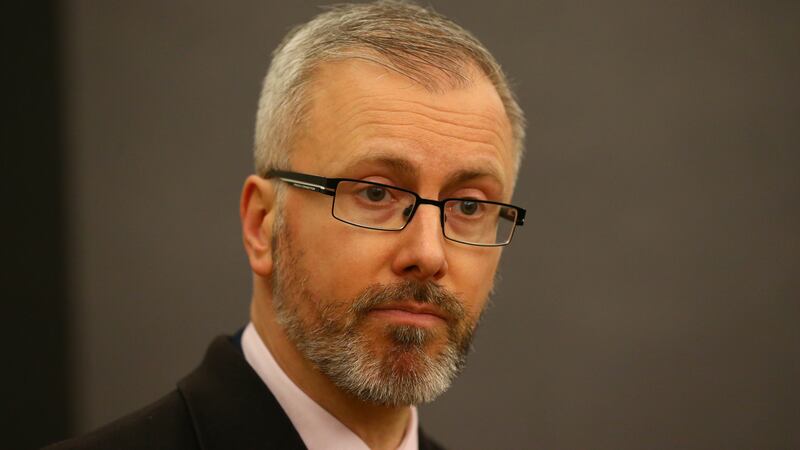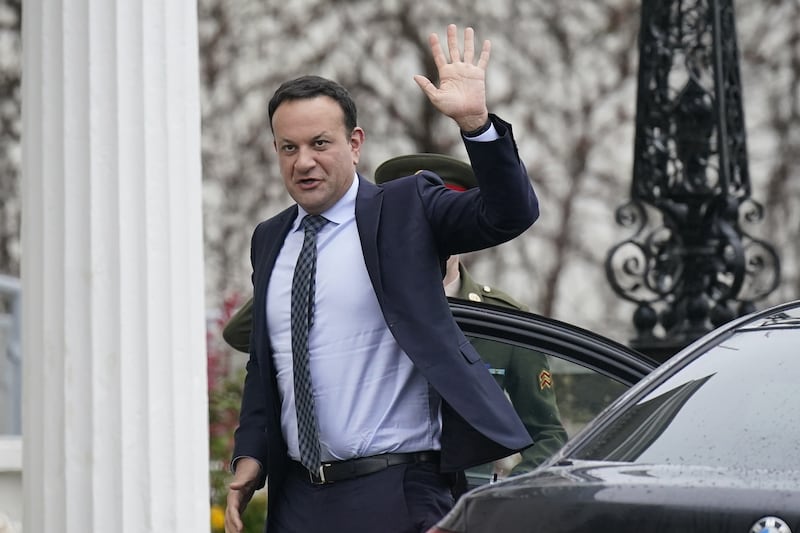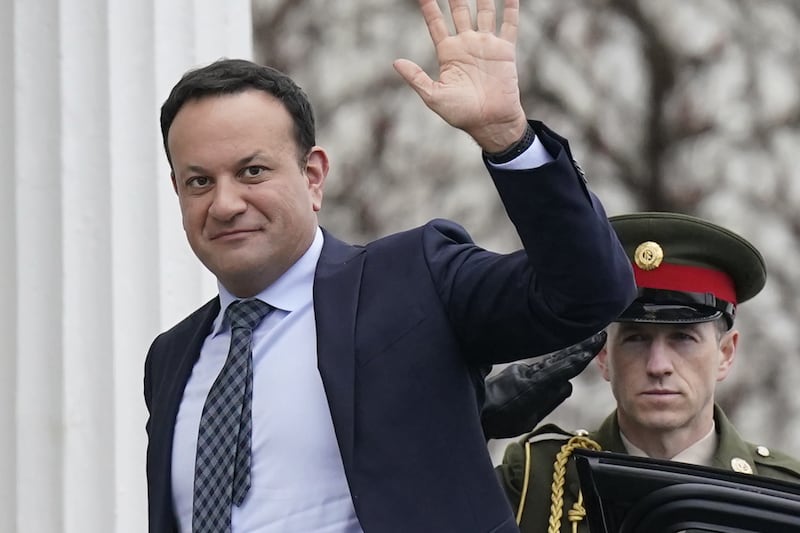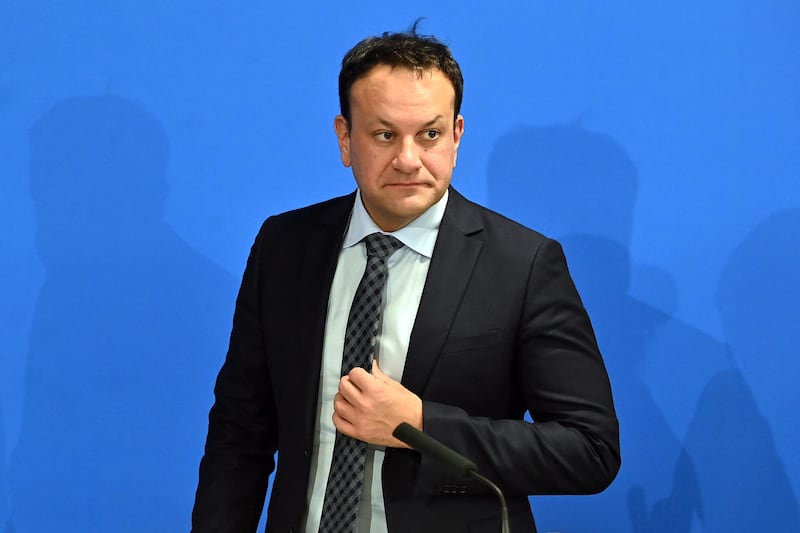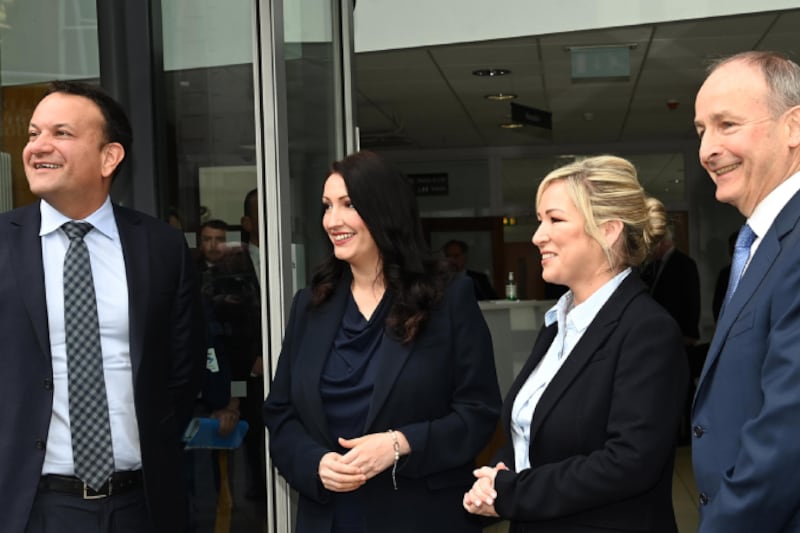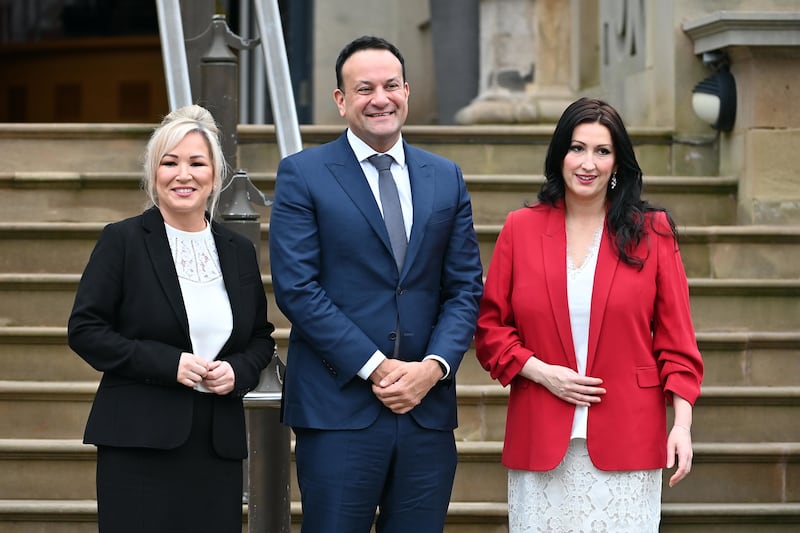The taoiseach says he will investigate why the family of a journalist who died after nude images of her were leaked by gardaí cannot see the report into the incident.
The case of Irish journalist Dara Quigley was raised by independent TD Tommy Broughan with Leo Varadkar on Wednesday during Leader's Questions.
Ms Quigley, a blogger, journalist and activist, was found in a state of distress walking naked in Dublin city centre in April 2017, and apprehended by gardaí under the Mental Health Act.
CCTV images of Ms Quigley were later shared through WhatsApp groups and social media, and viewed up to 125,000 times.
Ms Quigley was made aware of the issue while staying in rural Tipperary and killed herself five days later.
"The tragedy, of course, has had a devastating impact on Dara's mother, Miss Amy Malone, her siblings and family, and they've striven tirelessly to secure accountability and justice for Dara," Mr Broughan told the chamber.
A Garda Síochána Ombudsman Commission (GSOC) investigation has concluded and the case now rests with the Garda Commissioner.
"They were unable to give any kind of time frame to the family, or to myself, on when the matter will be addressed," Mr Broughan added.
"Dara's family requested a copy of this GSOC report but this has been refused and surely they're entitled to that?"
In August 2018, the Data Protection Commissioner confirmed to Ms Quigley's mother that her daughter was the victim of an unauthorised data breach, which is an offence.
The inquest into Ms Quigley's death, which was planned for last month, has also been postponed and her family have been refused a meeting with Garda commissioner Drew Harris.
Mr Varadkar said he will make inquiries about why the GSOC report cannot be shared with the family.
"GSOC operates independently of government and independently of the garda, but we will make inquiries as to whether it's possible to share that with the family," he said.
"And I think, at the very least, the family should know why, if there are some reasons to why it can't be shared."
Mr Varadkar expressed condolences to the family, adding: "The loss of a loved one is always difficult, and I think the grief and trauma experienced by her family, in the circumstances of her death, must be particularly harrowing.
"I also want to commend her family for the way in which they're raising awareness of important issues, including the sharing of intimate images without consent, which can have an enormously severe impact on people's mental health."
Mr Varadkar said particular issues raised by the family were laws on the creation and sharing of private sexual or intimate images without consent, appropriate training for gardaí, the regulation of CCTV, and greater transparency from social media companies on how they deal with image-based sexual abuse.
"The government has agreed an action plan for online safety, following the Law Reform Commission report on harmful communications digital safety, which highlights the ways in which modern technology can be used to cause harm," he said.
